10 5G Vendors Leading The Revolution In 2021
From the telcos competing to build out the biggest 5G networks, to the startups creating ground-breaking private enterprise 5G and edge computing technologies, here are ten 5G vendors leading the way in 2021.
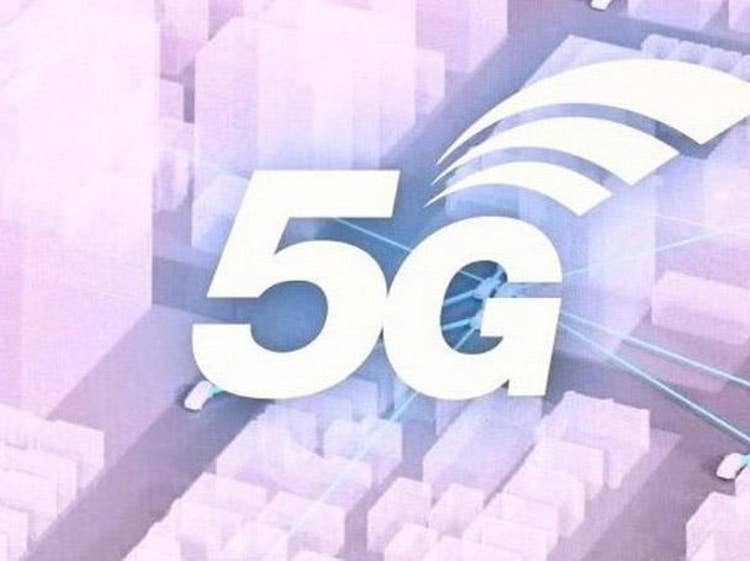
Paving The Way
5G, the next generation of wireless technology, isn’t just the latest form of connectivity. The blazing-fast speeds and significantly lower latency technology is enabling brand-new use cases and will accelerate a slew of use cases that the industry has been talking about for years, such as connected cars.
And it’s not just a consumer play. Enterprise private 5G networks are being designed to create new ways of working and game-changing opportunities, especially for IoT and edge computing.
With that in mind, CRN rounded up ten of the 5G vendors and service providers that are making inroads with their 5G networks and technology in the market today. The usual suspects made the list, including the three major wireless carriers in the U.S. that have been aggressively competing with each other to build out the biggest and most reliable 5G network. But the next-generation cellular technology has also opened the door for new players and upstarts to get in on the action, including companies that are making a name for themselves in 5G and edge computing software, and private enterprise 5G networking.
Check out who made the list of the 5G vendors that are making waves — and that you should be watching — in 2021.
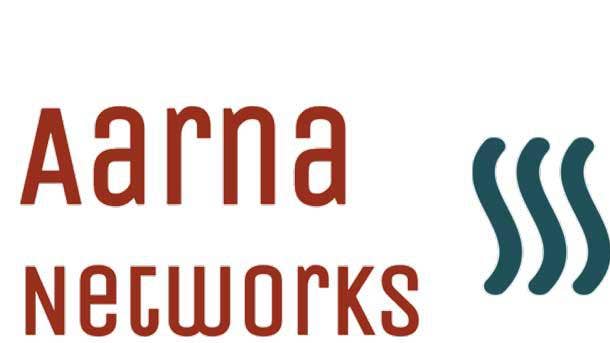
Aarna Networks
San Jose, Calif.
Three-year-old upstart Aarna Networks specializes in 5G and edge computing application automation software.
The more edge computing and 5G use cases, the more application instances that will stress any management solution. To that end, the company is bringing to the table an open-source, vendor-agnostic offering for enterprises in the form of its Multi Cluster Orchestration Platform for orchestration, life-cycle management, and policy-driven control loop automation of 5G services and edge applications. The offering can help speed up customer rollouts, cut costs, and improve customer satisfaction for B2B 5G and edge computing use cases, according to the startup.
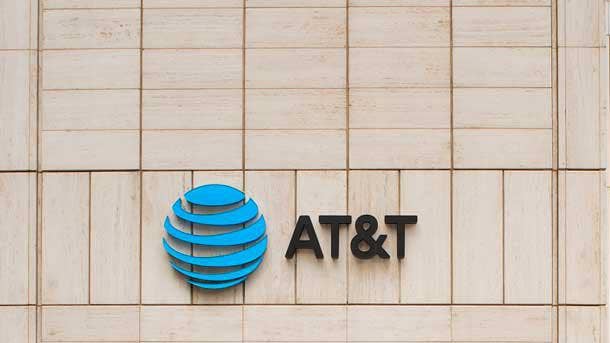
AT&T
Dallas
Telecom giant AT&T is leading the way in IoT and connected cars; high-latency applications that will be made reality by the lightening-fast speeds that 5G connectivity can offer.
AT&T’s Multi-Access Edge Computing offering ties together cellular network architecture for real-time high-bandwidth, low-latency access to latency-dependent mobile applications. The company is helping businesses harness LTE, and 5G at the network edge.
The carrier said that its 5G network now covers 230 million Americans in 14,000 cities and towns. AT&T 5G+ is now available in parts of 38 cities in the U.S.
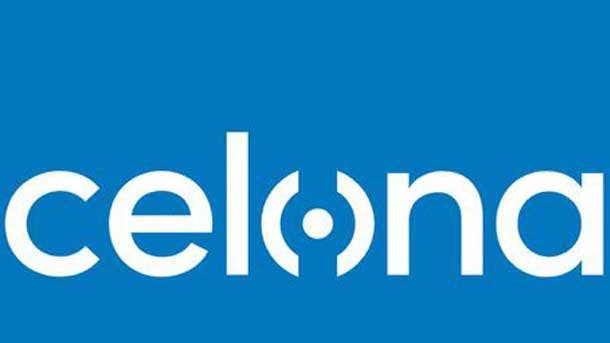
Celona
Cupertino, Calif.
Startup Celona offers a private LTE/5G platform gives enterprises a software-based approach to building their own, private cellular networks. The company also has a strategic partnership with Aruba Networks for the reselling of Celona’s cellular products and is actively pursuing the channel as its primary route to market. Celona told CRN in March that the firm now has a strong base of partners making private LTE and 5G networking a reality for enterprises.
Celona burst onto the scene in 2020 with a platform that allows enterprises to create 5G/4G LTE private networks, filling a major gap in the connectivity market. The company has a packed bench—its founding members have plenty of experience in cloud software, Wi-Fi and cellular markets.
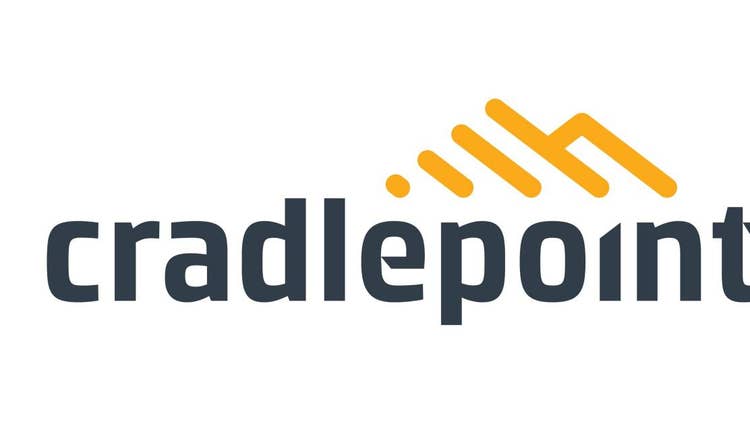
Cradlepoint, Part of Ericsson
Boise, Idaho
Cradlepoint, which was acquired by Ericsson at the end of 2020 for $1.1 billion, is bringing its wireless edge networking chops to the telecom equipment giant.
Cradlepoint has been focused on unlocking the power of LTE and next-generation cellular technologies, such as 5G, for business customers through its robust channel ecosystem. The company in May launched the second-generation of its 5G product portfolio, which includes low-band to millimeter-wave solutions and external adapters to integrated 5G routers with clean-slate design to support the full speed and capabilities of 5G, according to the company.
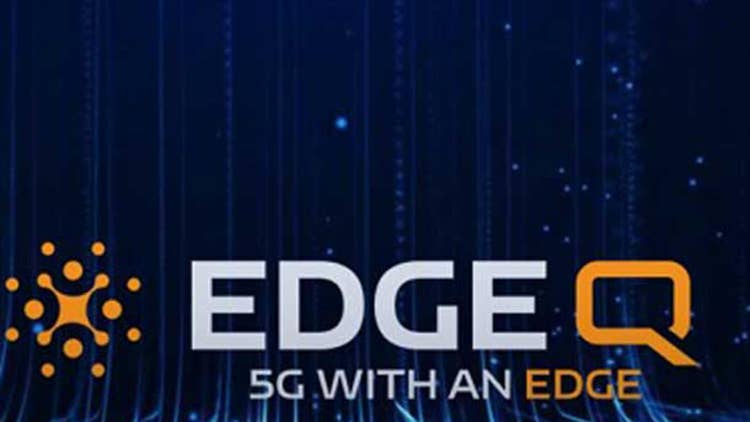
EdgeQ
Santa Clara, Calif.
EdgeQ, a self-proclaimed 5G systems-on-a-chip company, emerged from stealth mode in 2021 with plans to bring AI to the edge of the network with 5G. The company today is taking on Intel in the 5G infrastructure space with a new, AI-infused modem that can replace multiple components in a base station at the fraction of the cost.
The company is targeting manufacturing, construction, energy, automotive, warehousing and surveillance verticals with its platform.

Geoverse, a subsidiary of ATN International
Beverly, Mass.
Next-generation connectivity startup Geoverse, owned by Atlantic Tele-Network, has been designing, deploying and operating private LTE core and edge networks for business customers since 2017.
The company’s private 5G/LTE wireless network offering, which is based on citizens band radio network (CBRS) and licensed LTE spectrum, lets users and devices roam across public carrier networks seamlessly and securely.
Geoverse is a channel-friendly company whose channel program earned a five-star rating from CRN.
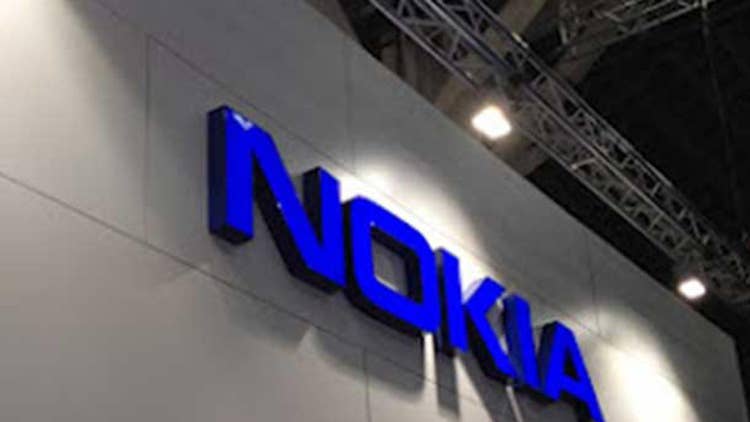
Nokia
Espoo, Finland
Network equipment provider Nokia is approaching 5G from the core network and radio access network (RAN) perspective, with a portfolio of switches, gateways, access points and other connectivity products which can be designed and built for a private 5G network.
Nokia in May was selected by mobile operator Movistar, which is owned by service provider Telefonica, to provide its AirScale portfolio to launch Movistar’s 5G network in Chile.
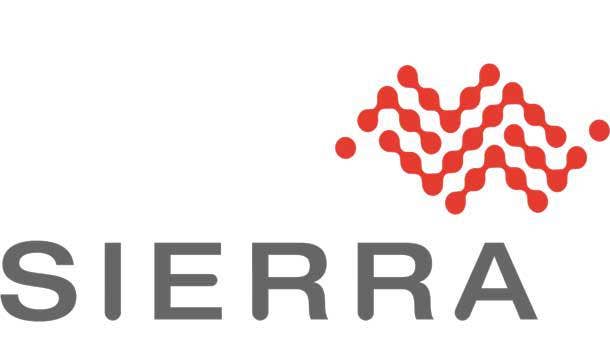
Sierra Wireless
Richmond, B.C.
Sierra Wireless, a multinational wireless communications equipment designer and manufacturer, serves SMB customers with its routers and gateways, as well as services, including its edge to cloud offering. For 5G connectivity, the company in May rolled out its XR series of 5G multi-network routers, which lets businesses take advantage of the lightening-fast data rates, enhanced reliability, and increased security that 5G networks have to offer.
The company today is focusing heavily on IoT software and managed services thanks to its purchase of M2M Group, a series of companies focused on IoT connectivity, which it completed in 2020.
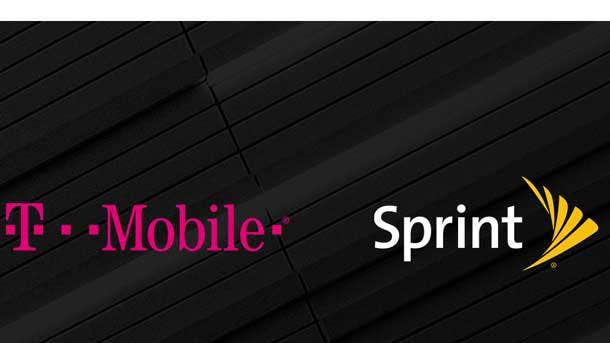
T-Mobile
Bellevue, Wash.
T-Mobile, now the third-largest wireless provider in the U.S. after absorbing Sprint, has been heads-down focused on next-generation connectivity needs. In fact, T-Mobile currently has the biggest 5G footprint in the country because it relies on the same spectrum frequencies that it uses for its 4G LTE service, as well as mid-band spectrum it picked up from Sprint. The carrier giant said that its 5G service is currently available in parts of 44 states.
Despite T-Mobile’s strength in 5G, the carrier’s market share in the enterprise space is less than 10 percent, while its competitors — AT&T and Verizon — are serving the majority of businesses in the country.
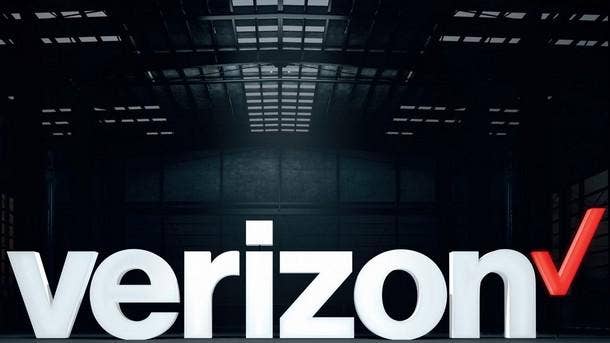
Verizon
Basking Ridge, NJ
Telecom behemoth Verizon has been going big in the 5G arena with its network investments over the past couple of years. The carrier also expanded its 5G edge partnership with AWS for private 5G and edge computing. Verizon has begun deployment of its 5G Ultra Wideband and fixed wireless broadband service on C-band spectrum, which the carrier bought earlier this year. Verizon has plans to tackle both public and private mobile edge compute opportunities brought about by 5G.
Verizon’s 5G mobility service is now available in 31 U.S. cities, according to the carrier. Verizon CEO Hans Vestberg promised more cities and geographies will be lit up with 5G this year and that Verizon recently signed its first European private 5G deal with Associated British Ports.